Toutes les catégories
Sélections recommandées
Protection des commandes
Commandez plus intelligemment avec
Exploitez l'IA pour trouver la correspondance parfaite entre les produits en quelques secondes
Correspond à plus de 100 millions de produits avec précision
Traite des demandes 3 fois plus complexes en deux fois moins de temps
Vérifie et effectue une validation croisée des informations sur les produits
Centre des acheteurs
Commencer
Services
Centre d'assistance
Télécharger l'application
Téléchargez l’application Alibaba.com
Trouvez des produits, communiquez avec des fournisseurs, gérez et payez vos commandes avec l’application Alibaba.com à tout moment et en tout lieu.
En savoir plus.








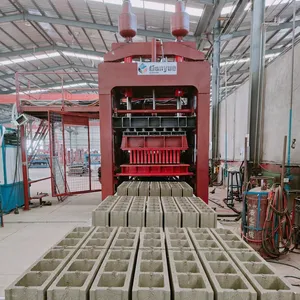




















































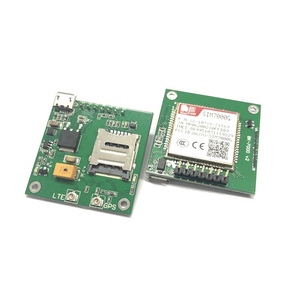








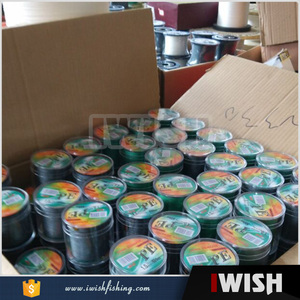







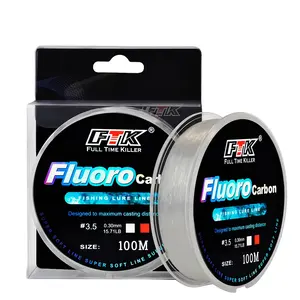

































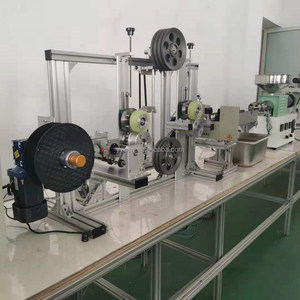



































































































































 浙公网安备 33010002000092号
浙公网安备 33010002000092号 浙B2-20120091-4
浙B2-20120091-4